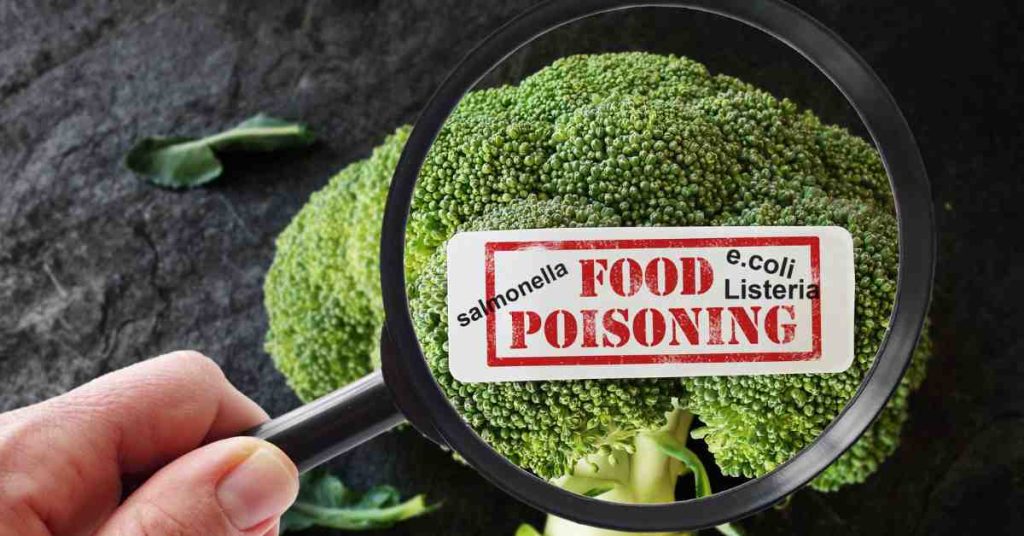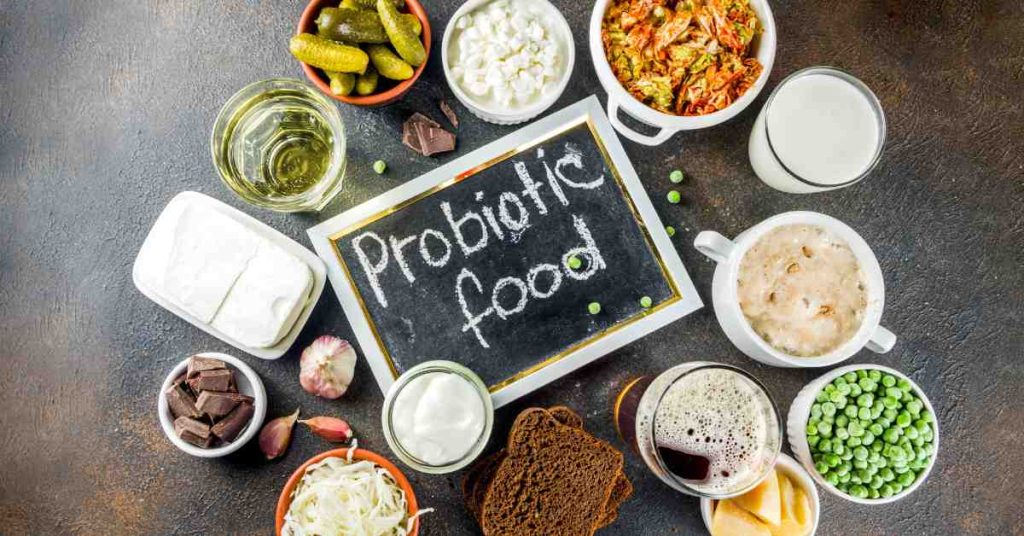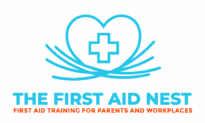First Aid for Food Poisoning: Symptoms and Remedies

Food poisoning is a common yet potentially serious illness caused by consuming contaminated food or beverages. It can occur due to various pathogens such as bacteria, viruses, parasites, or toxins produced by microorganisms. Symptoms of food poisoning typically include nausea, vomiting, diarrhea, abdominal pain, fever, and in severe cases, dehydration and organ failure.
Prompt recognition and appropriate first aid measures are crucial in managing food poisoning effectively and preventing complications. Understanding the signs and symptoms, as well as knowing how to provide immediate care, can significantly reduce the severity of the illness and promote a faster recovery. Therefore, having knowledge of first aid for food poisoning is essential for everyone, as it empowers individuals to respond swiftly and appropriately in case of an emergency.
Understanding Food Poisoning:

Food poisoning is an illness caused by consuming contaminated food or beverages, leading to gastrointestinal symptoms such as nausea, vomiting, diarrhea, and abdominal pain. The contamination can occur at any stage of food production, processing, or preparation, allowing harmful microorganisms or their toxins to proliferate.
Common pathogens responsible for food poisoning:
- Bacteria: Salmonella, Escherichia coli (E. coli), Campylobacter, Listeria
- Viruses: norovirus, hepatitis A
- Parasites: Giardia, Cryptosporidium
How food becomes contaminated:
- Inadequate cooking
- Improper food handling and storage
- Cross-contamination from raw to cooked foods
- Poor hygiene practices among food handlers
Recognizing Symptoms of Food Poisoning:
Identifying the symptoms of food poisoning is crucial for prompt intervention and effective management. Gastrointestinal symptoms are the hallmark of food poisoning, often manifesting as nausea, vomiting, diarrhea, and abdominal cramps. These symptoms typically arise within hours to days after consuming contaminated food or beverages and can vary in severity depending on the causative agent and individual susceptibility.
In addition to gastrointestinal symptoms, food poisoning may also present with other common manifestations such as fever, headache, muscle aches, and fatigue. While most cases of food poisoning resolve on their own within a few days with proper rest and hydration, certain red flags warrant medical attention. Seek medical help if symptoms persist for more than a few days, if there is blood in vomit or stool, if dehydration becomes severe, or if there are signs of neurological symptoms such as blurry vision or muscle weakness.

- Nausea
- Vomiting
- Diarrhea
- Abdominal cramps
- Fever
- Headache
- Muscle aches
- Fatigue
When to seek medical attention:
- Symptoms persist for more than a few days
- Presence of blood in vomit or stool
- Severe dehydration
- Signs of neurological symptoms (e.g., blurry vision, muscle weakness)
First Aid for Food Poisoning:

- Consuming fluids helps replenish lost electrolytes and maintain hydration levels.
- Oral rehydration solutions like Hydralyte or Gatorade are effective in restoring electrolyte balance.
- Adequate rest allows the body to recuperate.
- Methods such as lying down in a comfortable position or using hot packs on the abdomen help alleviate discomfort and abdominal cramps.
- Certain foods and beverages should be avoided, including spicy or greasy foods, dairy products, and caffeine.
- Opt for easily digestible foods like plain crackers, rice, bananas, and clear broths to aid recovery.
- Antidiarrheal medications such as loperamide can help reduce diarrhea.
- Antiemetic medications like dimenhydrinate can alleviate nausea and vomiting, but consult a healthcare professional before use, especially in children or individuals with underlying health conditions.
Home Remedies for Food Poisoning:

- Water, herbal teas, and electrolyte-rich beverages like sports drinks or coconut water help prevent dehydration and replenish lost electrolytes.
- These fluids are essential for maintaining hydration levels during food poisoning.
- A bland diet, consisting of foods such as bananas, rice, apple sauce, and toast, is gentle and easily digestible, making it ideal for food poisoning recovery.
- These bland foods soothe the stomach, absorb excess fluids, and provide necessary nutrients without aggravating gastrointestinal symptoms.
-
- Probiotics promote a healthy balance of gut flora, aiding in digestion and immune function.
- Consuming probiotic-rich foods like yogurt or fermented foods, or taking probiotic supplements, can help replenish the gut microbiota and expedite recovery from food poisoning.
The First Aid Nest run public and workplace first aid courses, Australia wide.
Our workplace first aid courses can be run at your site.
Our public classes are here in Sydney and are the best option if you are an individual, a couple or a group
of just a few people.
Our sophisticated system will take the headache out of renewal for you too. Lose your certificate? No problem, just log in and download your certificate again anytime. We will also send you reminders about when your certificate is about to expire!
Book your spot or workplace with us today, contact us with any questions, or head to our FAQ page.
